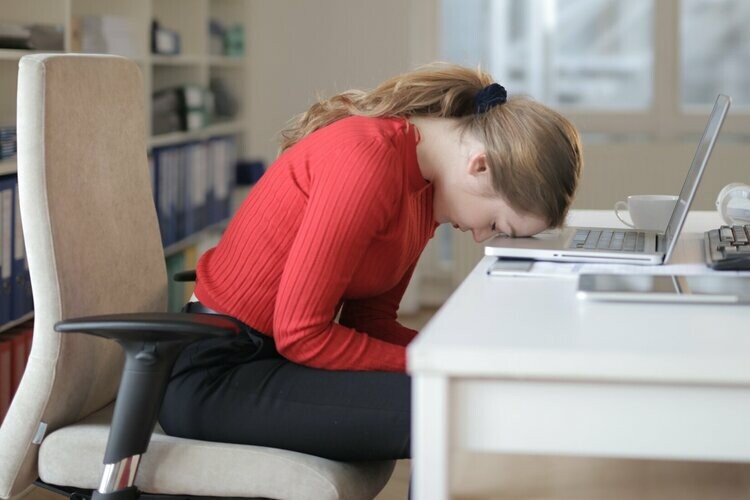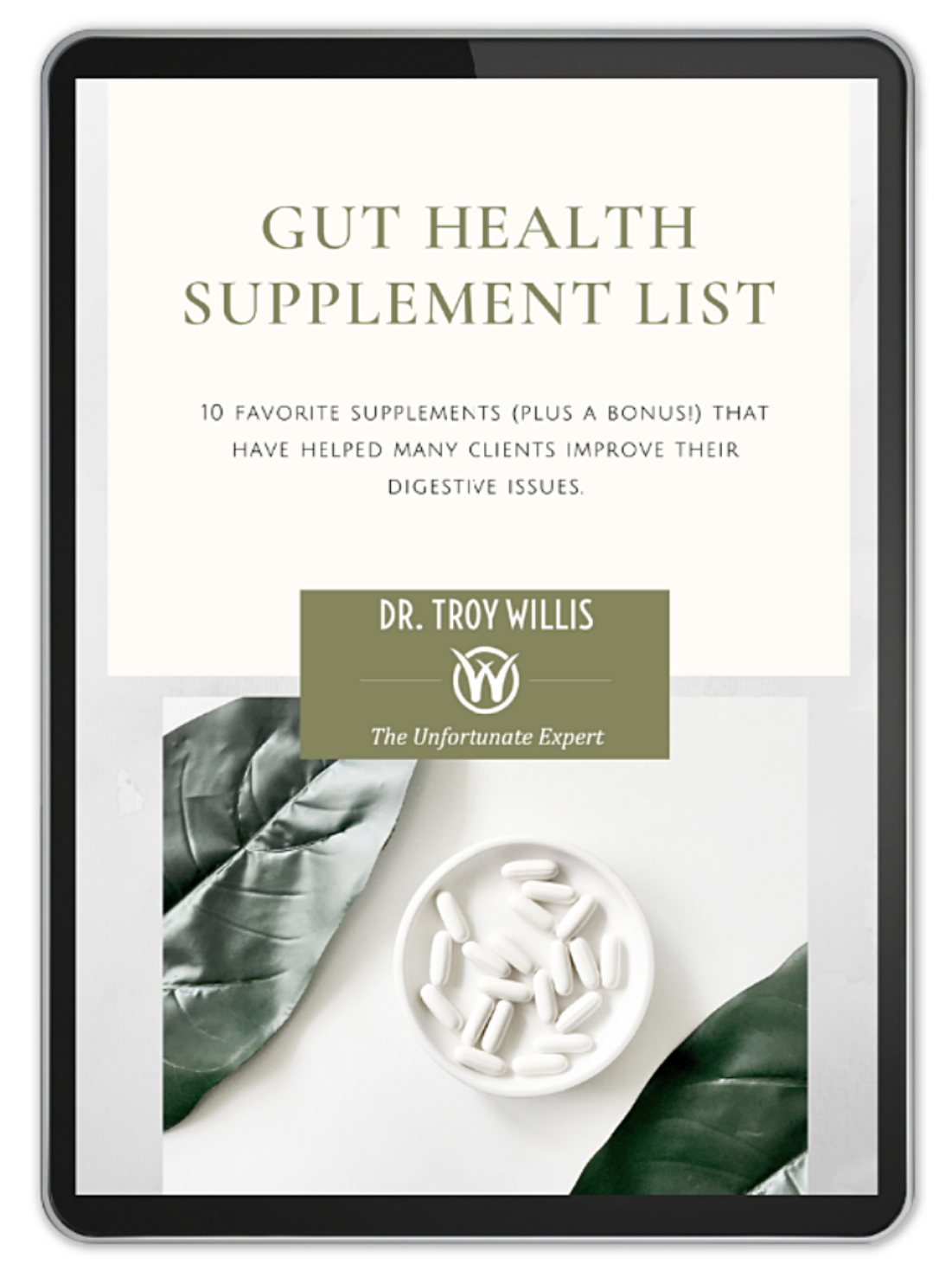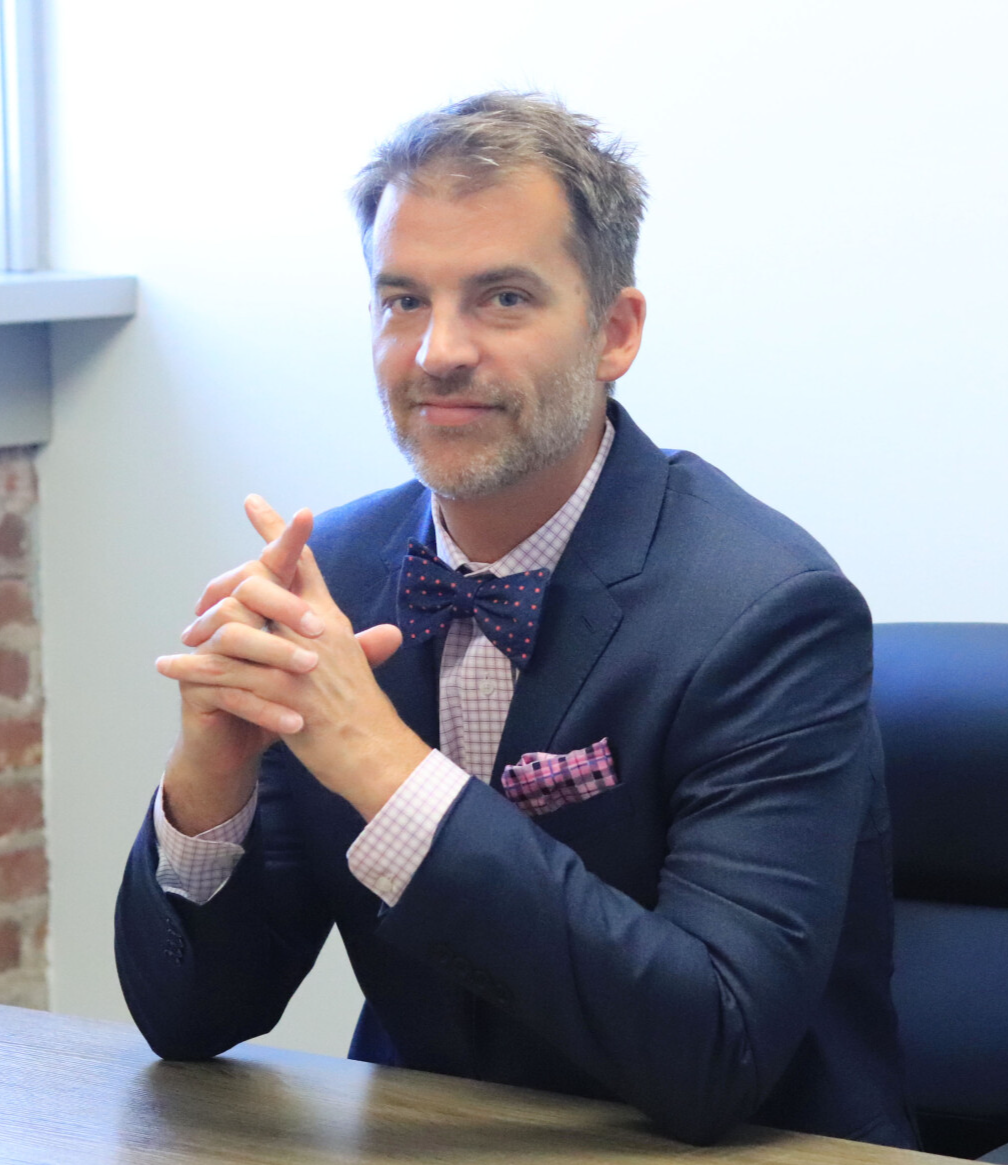
How is it already April? Time for rain showers and spring cleaning, right? This year though is different. Many of us are working from home right now and haven’t spent this much time at home well, ever. Others are on the frontlines—those working in the medical field, law enforcement and grocery stores (THANK YOU!).
Whether you’re home more often or not, it’s important for all of us to have a Home Sanctuary—especially when facing so much stress and fear. Recharging the mind, body, and soul is vital to our health and overall wellness and our living space can help or hinder us.
Being home so much can create many challenges—especially since our options for getting out are incredibly limited. Because of this, it’s important to check in and notice how your space is affecting your wellbeing. In the last couple of weeks, have you noticed anything about your home that maybe you hadn’t before? Maybe a spot on the wall that you’ve never seen or dust on the baseboard? Maybe a neglected project or pile is screaming your name—the hall closet that’s crammed with linens you never use or the mystery boxes piled high in the garage. I painted my son's bedroom. That's proof that things are crazy...I'm painting! And guess what...I'm actually enjoying it!
 Take a moment and ask yourself if your living space is a restful one. If not, why not? Did you know that clutter in a living or workspace can create negative psychological effects? It’s true! It can impact your ability to focus, the deepness of your sleep and can add to feelings of anxiety--all of which affect gut health! Our surroundings have a direct impact on the choices we make and, from exercise to diet, can get in the way of healthy choices.
Take a moment and ask yourself if your living space is a restful one. If not, why not? Did you know that clutter in a living or workspace can create negative psychological effects? It’s true! It can impact your ability to focus, the deepness of your sleep and can add to feelings of anxiety--all of which affect gut health! Our surroundings have a direct impact on the choices we make and, from exercise to diet, can get in the way of healthy choices. According to Psychology Today, “clutter compromises an individual’s perception of home, and ultimately feelings of satisfaction with life… many people identify so closely with their home environments, the extent to which it’s cluttered can interfere with the pleasure they experience when being in that environment.” Wow. And an Australian-U.S. study that was conducted in 2017 “showed that people will actually eat more cookies and snacks if the environment in which they’re offered a choice of foods is chaotic, and they’re led to feel stressed.”
So, although I’m interested in talking about gut health, it’s important that we also consider the effects the stuff in our home has on our WHOLE health. We can’t underestimate the effects of a stressful environment on our immune system and gut health. During times of high stress, the digestive symptoms associated with IBS, Crohn’s and Colitis can be exacerbated. Our lives look very different than they did just a few weeks ago and, although there’s much we can’t control, we can take control of our space and the impact that space has on our stress levels and, ultimately, our digestive health.
Take a couple minutes to reflect on the time you’ve been spending at home lately. How has your environment affected your productivity? What about your rest? Are you empowered by your space or does it leave you feeling cranky and stressed?
 When we start with small changes—cleaning out that linen closet or trashing the boxes of unnecessary stuff—those changes snowball into bigger changes and can ultimately bring about the fresh start we’ve been looking for.
When we start with small changes—cleaning out that linen closet or trashing the boxes of unnecessary stuff—those changes snowball into bigger changes and can ultimately bring about the fresh start we’ve been looking for. Start small and begin the paring down process by trying the following:
1) Make a list
What rooms need some attention? How do you feel when you’re in them?
2) Make a schedule
Create accessible goals for yourself this week. Vow to clean out the pantry on Tuesday and the kitchen junk drawer Wednesday. Set a timer at the start of your project and you may find that you just want to keep going!
3) Notice what changes
Once you’ve cleared out or organized the first space on your list, notice how you feel. Are you lighter? More focused? And, once that space is cleaned out and better organized, are there noticeable changes in your stress level and digestive symptoms?
I’d love to hear what spring cleaning looks like for you this year and how the act of paring down affects your perspective in this challenging time we’re living in.
Happy Healing!
Dr. Troy Willis
“The Unfortunate Expert”















0 Comments